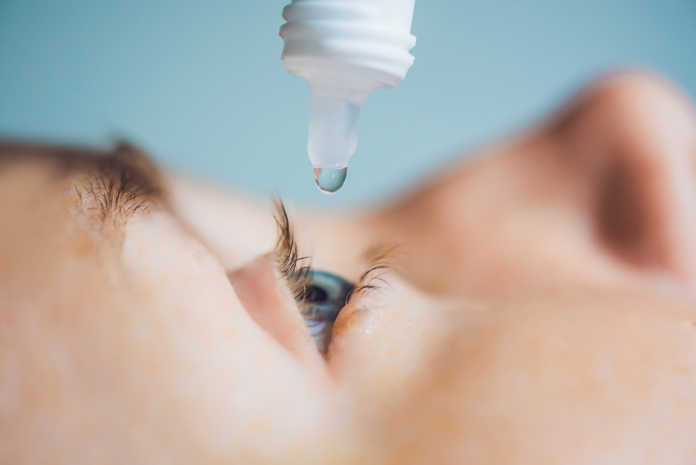
Vitamin A and its potential benefits for eye health. This essential nutrient, found abundantly in both animal and plant foods, plays a crucial role not just in vision, but also in maintaining the health of our immune system, heart, lungs, kidneys, and reproductive systems.
Understanding Vitamin A
Vitamin A comes in two primary forms: preformed Vitamin A (retinol) and provitamin A (carotenoids). Preformed Vitamin A is readily available in animal products such as meat, poultry, fish, and dairy, while provitamin A is found in colorful fruits and vegetables, indicating a diet rich in Vitamin A can be both diverse and delicious.
However, the journey to boosting your Vitamin A intake is not as straightforward as it seems. Supplements can offer a direct route to increasing your Vitamin A levels, especially for those with dietary restrictions or specific health conditions that may limit their intake from food sources. But, it’s crucial to navigate this path with caution.
The Double-Edged Sword of Supplementation
While Vitamin A supplements can be a boon for many, they come with their own set of considerations. Interactions with medications, such as orlistat—a commonly prescribed weight loss drug—can decrease the absorption of Vitamin A, potentially leading to deficiencies despite supplementation. Furthermore, the synthetic forms of Vitamin A found in some prescription medicines can lead to an excess of this vitamin in the bloodstream when taken alongside supplements, posing risks of toxicity. Symptoms of Vitamin A overdose include dizziness, nausea, headaches, and in severe cases, coma and death. This underscores the importance of consulting with a healthcare provider before beginning any new supplement regimen.
Vitamin A and Eye Health: What Does the Evidence Say?
The link between Vitamin A and eye health is well-documented, with a significant body of research supporting its role in combating dry eye syndrome. A notable study published in the American Journal of Ophthalmology highlighted the effectiveness of Vitamin A eye drops in managing this condition. The study compared the use of Vitamin A drops with cyclosporine eye drops, an immunosuppressant, across 150 patients suffering from dry eyes. The results were promising, showing significant improvements in blurred vision, tear film break-up time, and overall symptoms with the use of Vitamin A, positioning it as a viable alternative to pharmaceutical treatments.
The Takeaway
Vitamin A holds a vital place in the pantheon of nutrients essential for our well-being, particularly when it comes to maintaining eye health. However, the path to supplementation should be tread carefully, with a clear understanding of the potential interactions and risks involved. As always, consultation with a healthcare professional is paramount before making any changes to your health regimen.
Incorporating a balanced diet rich in both preformed Vitamin A and provitamin A, alongside a mindful approach to supplementation, can pave the way to not just better eye health, but overall physical well-being. Stay tuned to Viva Magazine for more insights into how natural supplements can enhance your health journey, backed by science and guided by care.











